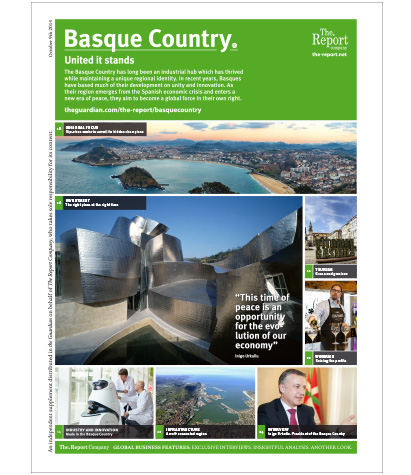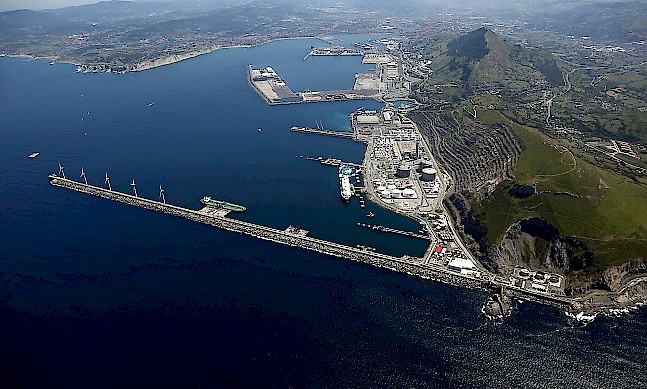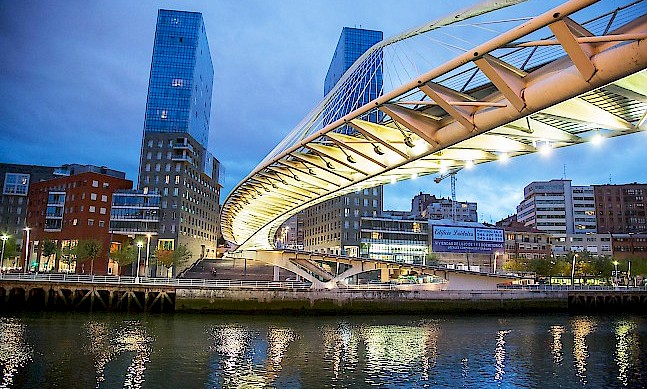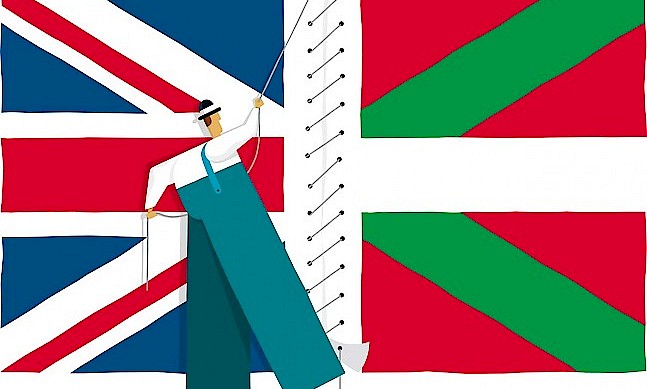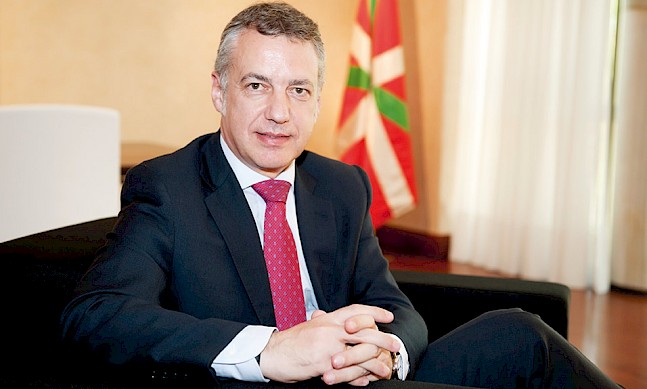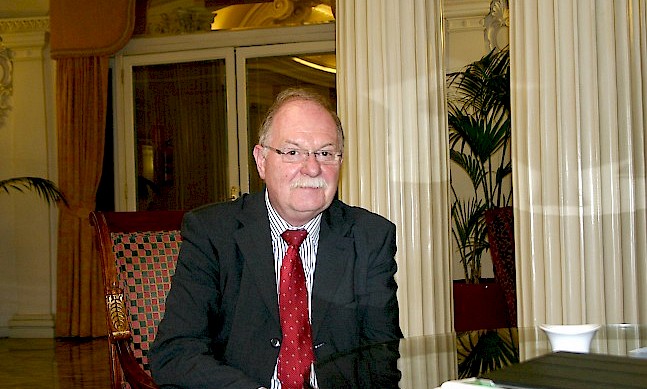By sticking to its industrial principles and introducing the cluster business model, the region has boosted competitiveness and innovation and reached new markets.
Two decades ago, the Basque car industry was struggling amid a broader economic dip in the region and across Spain. Many feared the Basque industrial model itself was obsolete. “The academic world said we had to move on to a services-based economy,” says researcher and politician Jon Azua, who was advising the Basque government at the time. “Industry was seen back then as something for the third world.” But Azua’s message that Basques should recover their “taste for elbow grease” took root and the region’s first cluster, the ACICAE, was created, bringing together companies from the automotive industry.
Concentrating the resources of one particular economic activity in a geographical area – the theory behind clusters – stimulates competitiveness and innovation, as well as helping businesses reach new markets. Its merits are now well documented, although in the early nineties, clusters were relatively uncharted territory.
For the car industry, the model has been an undisputed success. “In 1993, we had 40,000 workers in the sector, all based in the Basque Country; now we have almost 80,000, half of whom are outside Spain,” says Ines Anitua, managing director of ACICAE. She adds that the 300 companies that make up the sector have gone from having no plants abroad to 200 over the last 15 years. “We always try to bring potential partners here to visit us,” she explains. “The main thing is when they see the potential we bring together in such a tight-knit environment.”
“We underwent a great transformation into clusters rather than sectors as our economic foundation.”
Jon Azua Chairman of e-novating
Post ThisThe Basque region was fertile ground for the cluster concept, with many of the smaller businesses on which it has traditionally relied seeing the potential benefits of linking up.
With Harvard business school professor and competitive strategy expert Michael Porter on board, by the mid-nineties the Basque industrial landscape had been transformed. The clusters redefined everything from economic and fiscal policy to technical and social strategy. The region now has 11 consolidated clusters in strategic sectors. They cover half of its industry, including aeronautics, white goods, paper, maritime production, energy and telecommunications. In 2013, the Inter-American Development Bank (IDB) underscored the pioneering status of the Basque use of clusters, including it as an exemplary model in its annual report.
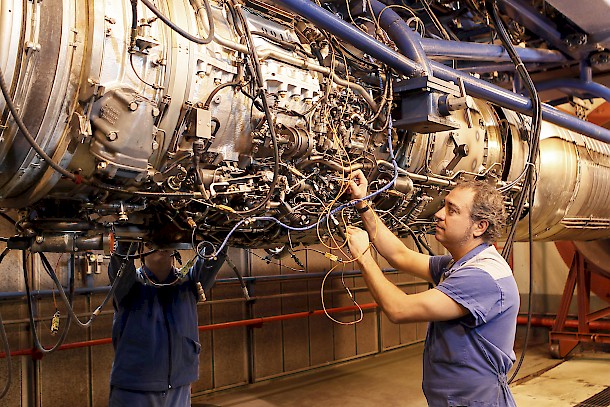 SENER supplied the Open Air Test Bench (OATB) for ITP's TP400 engine. Photo: SENER
SENER supplied the Open Air Test Bench (OATB) for ITP's TP400 engine. Photo: SENER
Keeping up with ambitions
The aerospace cluster HEGAN has been one of the standout successes of recent years, with its inclusion of major players in the sector such as ITP and Aernnova, which makes components for Airbus and Embraer, amongst others. As Jon Larrinaga, who is Aernnova’s director of institutional relations, points out, the formation of clusters allows the government to see how the industry is organised, but also enables the industry’s smaller players to learn from their larger, more successful counterparts. “Small businesses always find it hard. The cluster spurs them on to continuously improve and get involved in cooperative programmes with other bigger companies.” With growing numbers of the cluster’s SMEs now taking the first steps towards exporting, Larrinaga believes Aernnova’s rhythm of globalisation is being followed by its suppliers – a plus point for the future of the sector in the face of international competition. “The best situation for us is to keep working with the suppliers we have, as we already know their qualities and how they work,” he concludes.
“The main thing is the potential of such a tight-knit environment”
Ines Anitua Managing director of ACICAE
Post ThisTechnology centres
A fundamental part of the Basque push for competitiveness in recent years has been its technological centres. In keeping with the cluster ethos, many of these are grouped together to pool knowledge and resources while maintaining their autonomy. The resulting technologies and products are passed on to the relevant businesses. IK4 is a typical example: an alliance of nine technological centres in Gipuzkoa, employing a total of 1,300 staff, 340 of who hold PhDs.
Fast Facts
Companies received R&D subsidies in 2013
The Basque government’s research and development budget for 2014
The target for Basque R&D investment by 2015 as a portion of GDP



